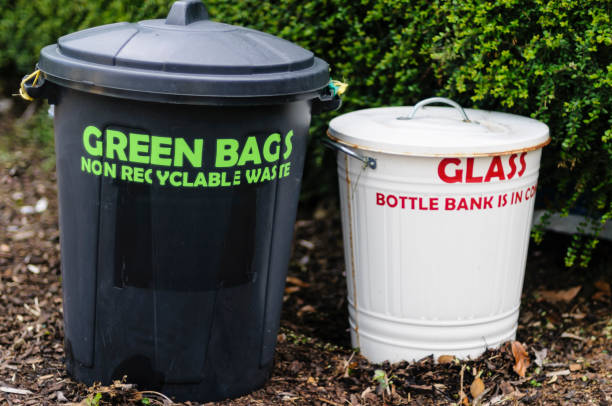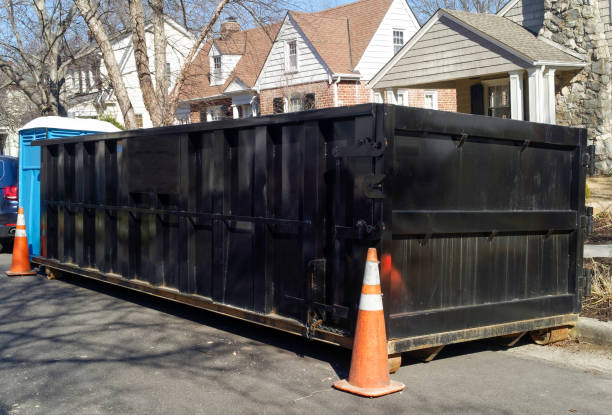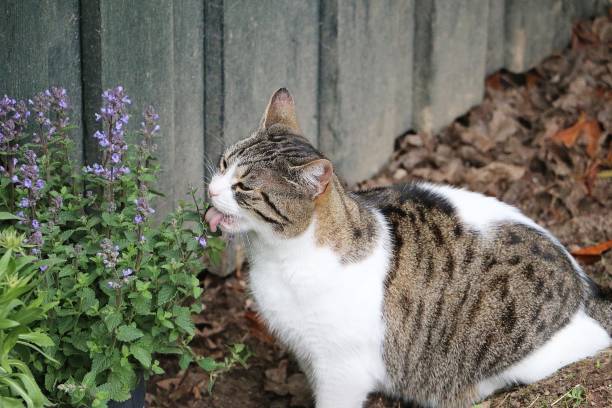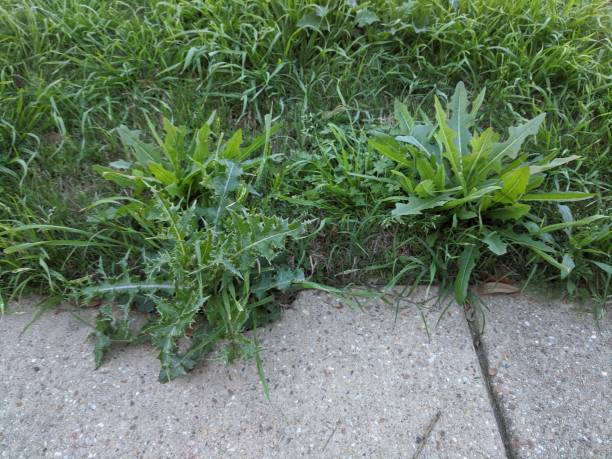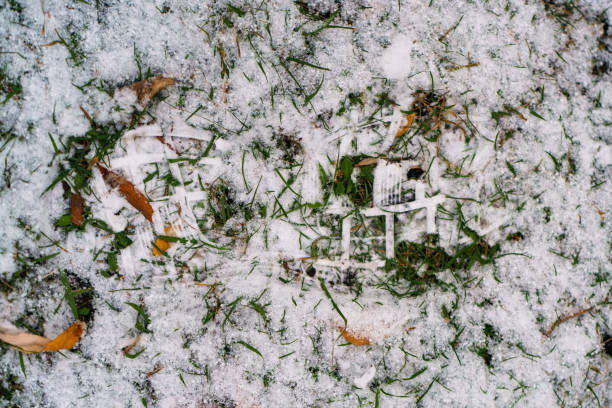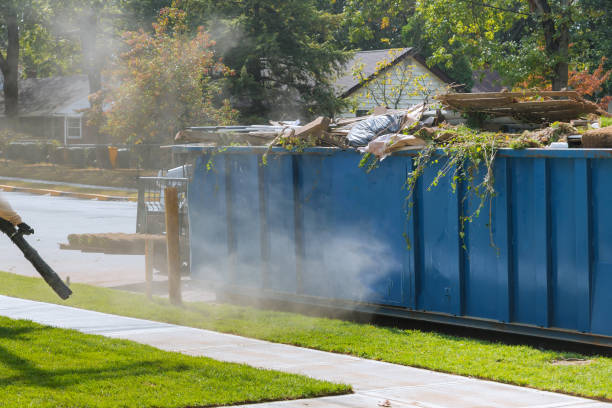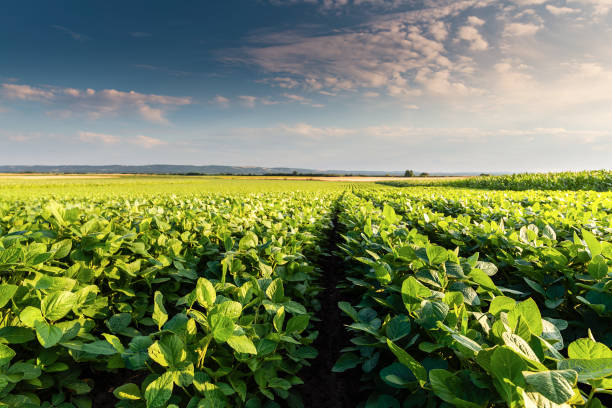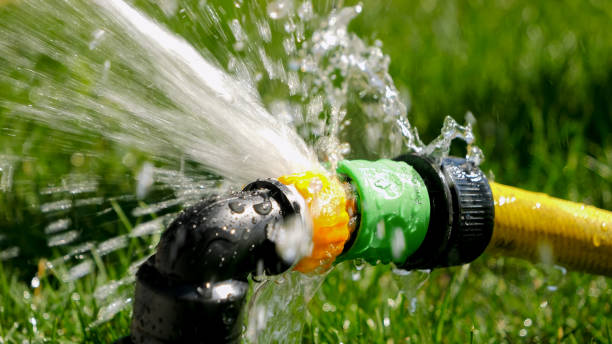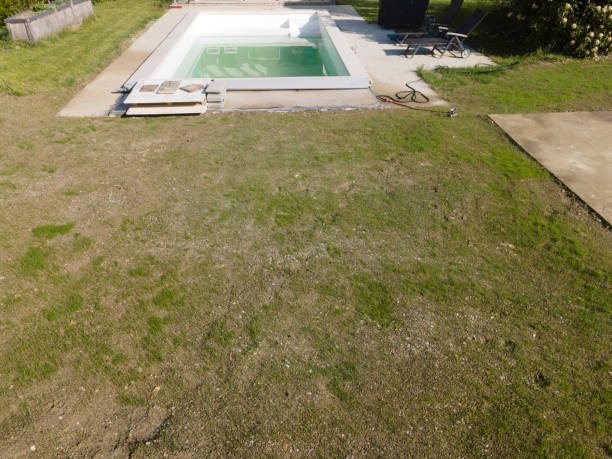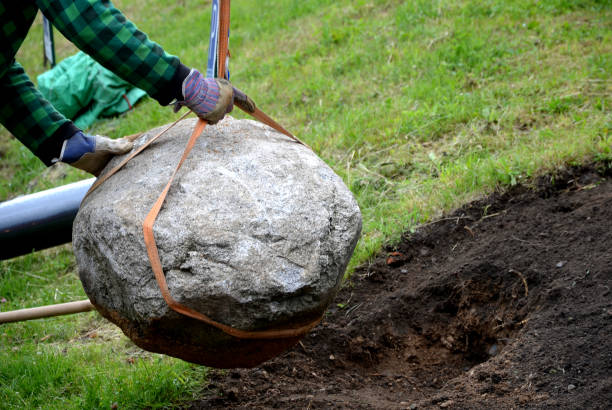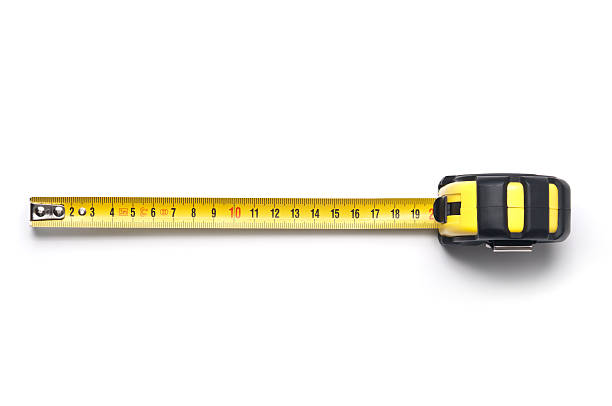Why Can’t You Put Yard Waste in Trash?
This post contains affiliate links. This means I will make a commission at no extra cost to you should you click through and make a purchase. Read the full disclosure here.Yard waste refers to the organic materials generated from the maintenance and landscaping of residential and commercial properties. This includes grass clippings, leaves, branches, and other plant debris. While it may seem convenient to dispose of yard waste in the regular trash, doing so can have detrimental effects on the environment and waste management systems. In this article, we will explore the reasons why you shouldn’t put yard waste in the trash and provide alternative solutions for its proper disposal.
Introduction
Yard waste is a significant component of municipal solid waste, and its improper disposal poses several environmental challenges. Understanding the impact of yard waste on landfills and exploring alternative methods of disposal is crucial for sustainable waste management practices.
Environmental Impact of Yard Waste in Landfills
Decomposition Process and Greenhouse Gas Emissions
When yard waste ends up in landfills, it undergoes anaerobic decomposition due to the lack of oxygen. This process produces methane, a potent greenhouse gas that contributes to climate change. According to the Environmental Protection Agency (EPA), methane has a global warming potential 25 times greater than carbon dioxide over a 100-year period.
Leachate and Water Contamination
Yard waste contains moisture, which leads to the generation of leachate when disposed of in landfills. Leachate is a liquid that percolates through the waste, carrying contaminants and toxins into the surrounding soil and groundwater. This can pose a threat to the quality of drinking water sources and harm aquatic ecosystems.
Legal Regulations and Waste Management Policies
To mitigate the negative impact of yard waste disposal, many municipalities have implemented legal restrictions and waste management policies.
Municipal Restrictions on Yard Waste Disposal
Numerous cities and towns have ordinances in place that prohibit or limit the inclusion of yard waste in regular trash. Instead, they require separate collection or mandate alternative disposal methods. These regulations aim to encourage residents and businesses to adopt sustainable practices for managing their yard waste.
Composting and Recycling Programs
Many municipalities have established composting and recycling programs specifically designed for yard waste. These initiatives provide designated collection bins or curbside pickup services to ensure the proper handling and processing of organic materials. Composting yard waste helps transform it into nutrient-rich soil amendment, reducing the reliance on synthetic fertilizers.
Benefits of Proper Yard Waste Management
Implementing proper yard waste management practices offers several benefits for both the environment and communities.
Soil Enrichment and Nutrient Recycling
Yard waste, when composted, can be transformed into rich compost that enhances soil fertility and structure. Compost provides essential nutrients to plants, promotes moisture retention, and reduces the need for chemical fertilizers. By recycling yard waste, we can close the nutrient loop and create a more sustainable approach to gardening and landscaping.
Reduction of Landfill Space and Cost
By diverting yard waste from landfills through composting and recycling programs, we can reduce the volume of waste requiring disposal. This not only extends the lifespan of existing landfills but also reduces the associated costs of waste management. Proper yard waste management can contribute to overall waste reduction goals set by communities.
Alternative Solutions for Yard Waste Disposal
Instead of disposing of yard waste in regular trash, several alternative solutions can be adopted.
Home Composting
Home composting is a practical and sustainable option for managing yard waste. With a compost bin or pile, you can transform grass clippings, leaves, and small branches into nutrient-rich compost for your garden. Composting at home not only reduces waste but also provides you with a valuable resource to nourish your plants.
Mulching and Grasscycling
Mulching involves shredding yard waste, such as leaves and small branches, and spreading it as a protective layer over the soil. This helps retain moisture, suppress weed growth, and improve soil health. Grasscycling, on the other hand, involves leaving grass clippings on the lawn after mowing, which acts as a natural fertilizer and reduces the need for additional nutrients.
Community Composting Programs
Many communities have established centralized composting facilities or community composting programs. These initiatives allow residents to drop off their yard waste at designated locations, ensuring it is properly processed and recycled on a larger scale. Community composting programs promote collective action and foster a sense of environmental responsibility within neighborhoods.
Promoting Awareness and Education
To encourage proper yard waste management, raising awareness and providing education to residents is essential.
Outreach Programs and Workshops
Local governments and environmental organizations can organize outreach programs and workshops to educate the community about the importance of proper yard waste disposal. These initiatives can provide guidance on composting techniques, mulching practices, and the benefits of recycling organic materials. By sharing knowledge and practical tips, communities can make informed choices about their yard waste.
Public Campaigns and Incentives
Public campaigns can play a significant role in motivating individuals to adopt sustainable practices. These campaigns can highlight the environmental impact of yard waste in landfills and emphasize the benefits of composting and recycling. Additionally, offering incentives such as discounts on compost bins or reduced waste collection fees can further encourage participation in proper yard waste management.
Conclusion
Proper management of yard waste is crucial for environmental sustainability and waste reduction efforts. By understanding the impact of yard waste in landfills and exploring alternative solutions like composting, mulching, and community programs, we can minimize greenhouse gas emissions, protect water quality, and create nutrient-rich soil amendments. With increased awareness, education, and community engagement, we can collectively contribute to a greener and healthier environment.
FAQs
Can I include small amounts of yard waste in my regular trash?
It depends on the regulations set by your local municipality. However, it is generally encouraged to separate yard waste from regular trash and explore alternative disposal methods like composting or recycling.
What is the best way to dispose of large branches and tree trimmings?
Large branches and tree trimmings can be recycled through municipal yard waste collection programs or chipped into mulch. Contact your local waste management agency to inquire about the specific guidelines and services available in your area.
Is yard waste harmful to the environment?
When yard waste ends up in landfills, it contributes to greenhouse gas emissions and water contamination. However, when managed properly through composting and recycling, yard waste can be beneficial for the environment by enriching the soil and reducing reliance on synthetic fertilizers.
Can yard waste be used as a natural fertilizer?
Yes, yard waste, when composted or mulched, can be used as a natural fertilizer. Compost derived from yard waste provides essential nutrients to plants and improves soil health.
Are there any financial incentives for proper yard waste management?
Some municipalities offer incentives such as reduced waste collection fees or discounts on compost bins to promote proper yard waste management. Contact your local waste management agency or check their website for information on any available incentives or programs.

